Industry leaders discuss transformation at Print & Beyond 2025
The Kerala Master Printers Association’s (KMPA) Print & Beyond conference in Kochi on 22 February 2025 featured an engaging panel discussion on the evolving dynamics of the print and packaging industry. Moderated by Ramu Ramanathan, editor of PrintWeek/WhatPackaging?, the panel included Amit Khurana, CEO of TechNova; Ashok Narayan, chief of sales and marketing at Pidilite Industries; and Murali Krishnan, business head, South Asia sheets business at Avery Dennison.
22 Feb 2025 | By Charmiane Alexander
Amit Khurana highlighted the post-pandemic recovery of the print industry, noting that while commercial print has shifted towards tier-two and tier-three cities, packaging remains the fastest-growing segment. "India’s print industry, valued at around Rs 1,20,000 crore, is stable and growing. The packaging sector, particularly flexible packaging, is expanding at a rate of 12-15% annually, while mono cartons are growing at 8-12%. Digital and conventional publication printing continue to see steady growth, contributing to the resilience of the sector," said Khurana.
Ashok Narayan discussed the significant changes in consumer behavior and industry dynamics post-Covid-19, highlighting the shift in consumer habits and industry operations. "The pandemic fundamentally altered how consumers engage with products, leading to an increased demand for convenience-driven packaging and eCommerce-friendly solutions. This shift has pushed the industry to adapt rapidly, with greater investment in automation, supply chain efficiencies, and product innovation," he noted.
Narayan also shed light on the adhesive industry’s role in packaging transformation. "Mono cartons are directly linked to the FMCG sector, which accounts for nearly 67% of demand. With flexible packaging growing at a faster pace, automation is becoming critical for converters," he stated. He further that the rise in demand for flexible packaging is being driven by changing consumer preferences, particularly in urban markets where convenience and sustainability are key considerations. "Flexible packaging is experiencing rapid growth as it offers lightweight, cost-effective, and high-barrier solutions for various industries, including food, pharmaceuticals, and personal care," Narayan added. He noted that companies are investing significantly in automation and innovative materials to keep up with evolving industry needs.
Murali Krishnan discussed the impact of digitalisation and RFID technology on labelling and brand protection. "RFID is now expanding beyond retail into logistics and healthcare. At Avery Dennison’s iLab in Pune, we provide practical demonstrations on RFID integration, enabling converters to explore new applications for security and supply chain efficiency," he explained.
The conversation also touched upon sustainability and circular economy principles. Krishnan shared insights on Avery Dennison’s wash-off label solutions designed to support recyclability in the liquor industry. "We have developed labels that dissolve in water, making bottle reuse more efficient and reducing the environmental impact," he said.
Khurana addressed the increasing adoption of digital print technology, citing the rapid growth of short-run packaging and book printing. "The shift towards digital is driven by the need for customisation, variable data printing, and faster turnaround times. While digital accounts for just 7% of India’s print industry today, it is projected to reach 10% in the coming years, indicating strong momentum," he remarked.
The panelists emphasised the need for greater collaboration between brands, converters, and technology providers to drive innovation and efficiency. "The future of print and packaging lies in automation, sustainability, and digital transformation. Industry stakeholders must work together to adapt to changing market demands and remain competitive in a rapidly evolving landscape," concluded Khurana.
Wish list for the industry
During the discussion, the panelists shared their vision for the industry’s future.
Amit Khurana stressed the need for greater brand engagement, encouraging brand owners to be more involved in the print and packaging process to drive innovation and efficiency.
Ashok Narayan highlighted the importance of increased investment in automation to streamline production, improve cost-efficiency, and reduce waste. He also pointed to the need for stronger export strategies, capitalising on India’s growing presence in global markets by improving quality standards and leveraging digital print solutions.
Murali Krishnan spoke about enhanced sustainability efforts, urging the industry to develop eco-friendly materials and circular economy initiatives that align with global regulatory trends.
The panelists agreed that industry-wide collaboration is essential, fostering partnerships between printers, converters, and technology providers to address challenges and explore new opportunities.


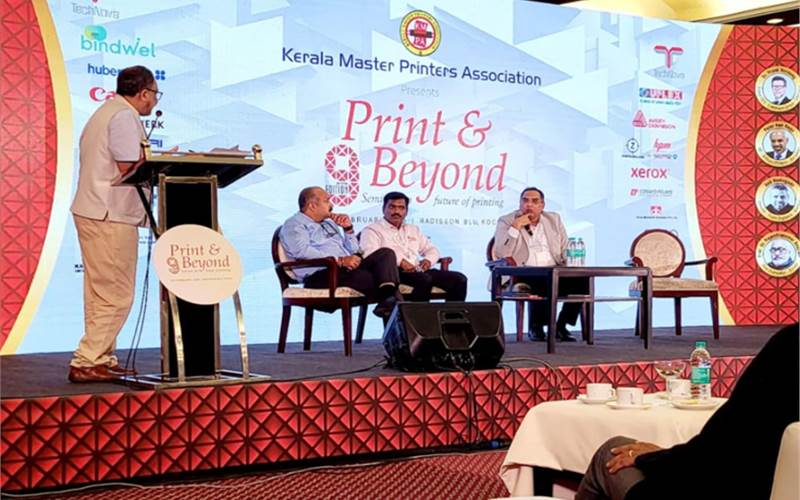





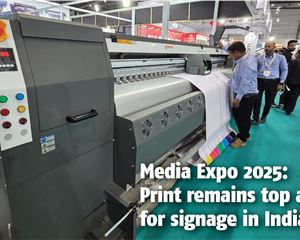
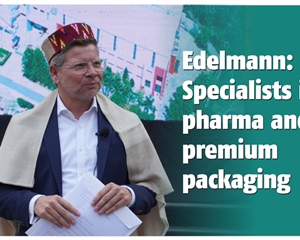
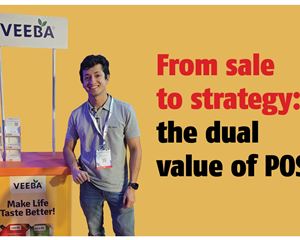
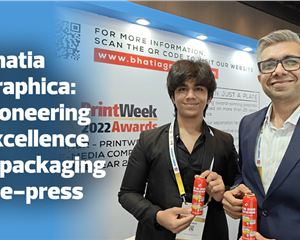
 See All
See All